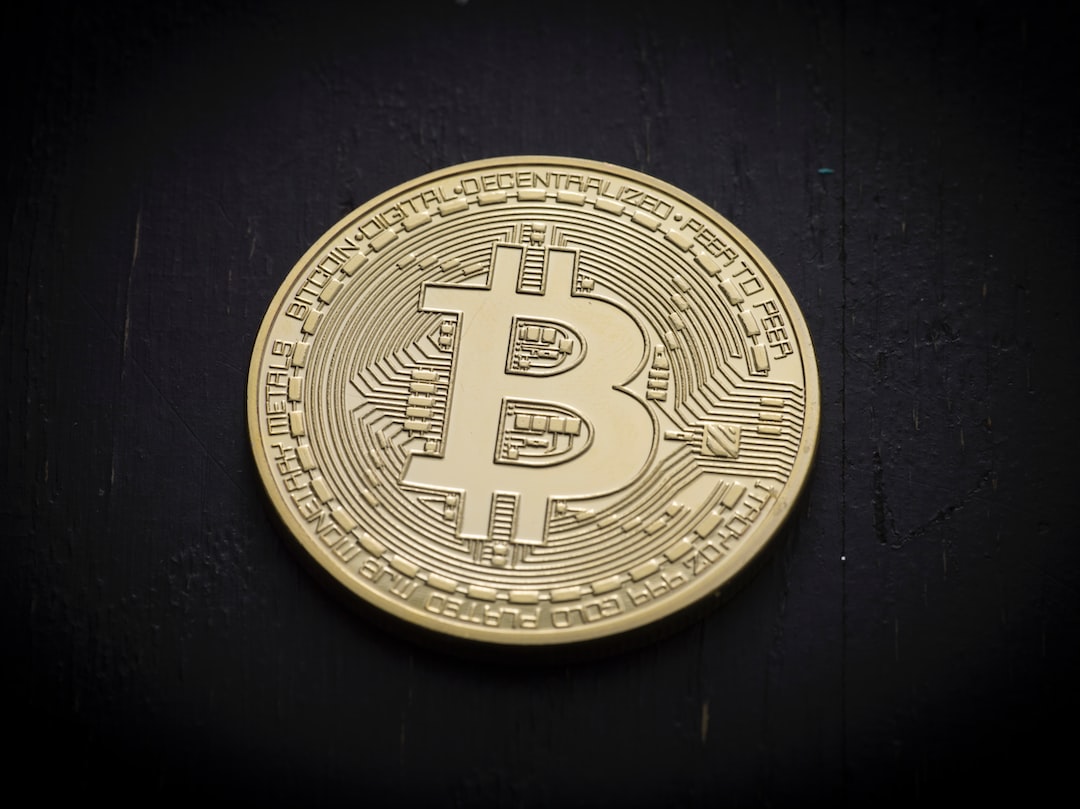The Perplexing Legal Classifications Surrounding Bitcoin
The dynamic world of cryptocurrency is once again under the spotlight, not due to market volatility, but because of a keen observation made by a prominent figure in the XRP community, Ashley Prosper. The focus is not solely on the value or the technology, but rather on the perplexing legal classifications that surround digital assets, particularly Bitcoin.
Main Breakdowns:
- The ongoing debate: Commodity or Security?
- Ashley Prosper’s public appeal
- Verbal affirmations vs. legal backing
- Doubt and uncertainty
The Ongoing Debate: Commodity or Security?
Since its inception, the classification of Bitcoin (BTC) as a commodity or security has been a subject of intense debate. While some influential senators and regulators have shared their views on Bitcoin’s status as a commodity, doubts continue to linger. The absence of a definitive legal ruling begs the question: Where are the laws that firmly establish Bitcoin’s identity? This lack of concrete legislation leaves ample room for conflicting opinions and possible changes in interpretation by future regulatory bodies.
Ashley Prosper’s Public Appeal
Ashley Prosper brought the predicament of Bitcoin’s legal classification to the forefront, emphasizing the reliance on transient and fragile statements. She argues that actions by lawmakers and regulators are necessary, not just words. Verbal affirmations from senators and regulators may sound encouraging, but without tangible legislative actions, doubts remain.
Verbal Affirmations vs. Legal Backing
The debate takes a profound turn when considering the efforts made to solidify Bitcoin’s legal identity. Despite verbal affirmations from individuals like Gary Gensler and Jay Clayton, the absence of solid legal backing raises questions. This highlights the pitfalls of relying solely on the fleeting words of governmental agencies. It’s not merely about words; it’s about tangible legislative actions that define and secure the status of digital currencies.
Doubt and Uncertainty
While hearing supportive words from senators and regulators is reassuring, the lack of concrete actions keeps doubts alive. Endorsements and verbal support may sound encouraging, but they do not replace the necessity for unequivocal legal rulings. The pressing question remains: When will these words be backed by deeds?
Hot Take
The legal classification of Bitcoin continues to be a contentious and uncertain issue. Verbal affirmations from influential figures may provide temporary reassurance, but without concrete legislative actions, doubts persist. The cryptocurrency community eagerly awaits definitive legal rulings to establish Bitcoin’s identity and provide clarity for its future.

